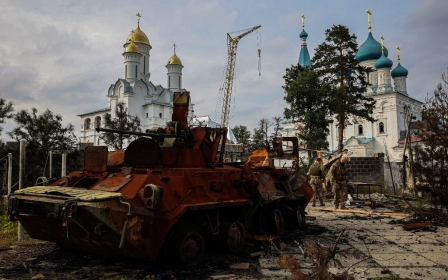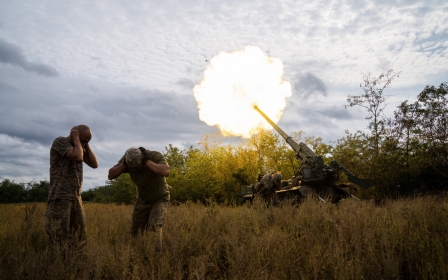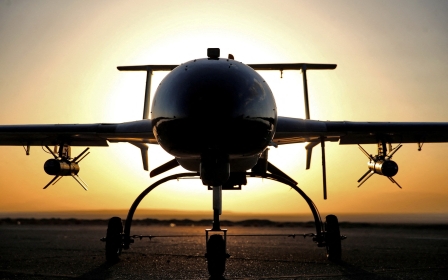Wagner Group lures foreign mercenaries with bumped-up salaries as Russia suffers losses
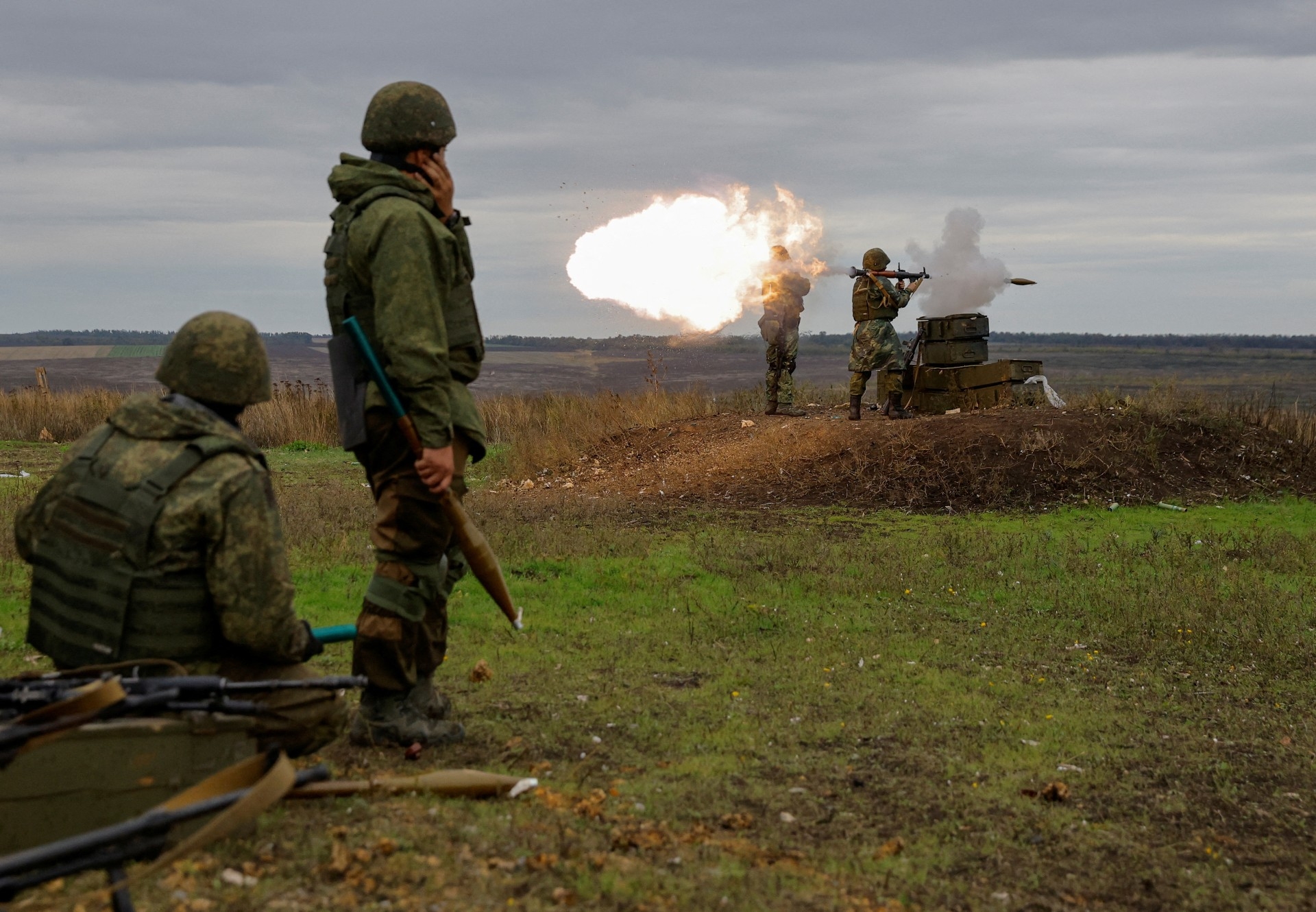
The Wagner Group, Russia’s state-backed private military organisation, has increased its recruitment efforts outside of Russia after suffering heavy losses in southern Ukraine, two sources familiar with the paramilitary group told Middle East Eye.
The sources said Wagner is rapidly losing fighters and equipment due to disarray within the Russian army itself.
Soldiers often quarrel with the mercenary units, and the Ukrainian military has forced Wagner’s fighters out of strategically important positions like the city of Lyman, they said.
Ukrainian forces have captured huge swathes of territory in a counteroffensive that started in September. They have pushed Russian troops out of the Kharkiv area and moved east across the Oskil River.
According to the sources, Wagner has sought to replenish its forces by recruiting mercenaries from Turkey, Serbia, Czechia, Poland, Hungary, Germany, Canada, Moldova and Latin American countries. The foreign fighters are being lured with higher than usual incomes.
New MEE newsletter: Jerusalem Dispatch
Sign up to get the latest insights and analysis on Israel-Palestine, alongside Turkey Unpacked and other MEE newsletters
Pre-war, Wagner paid its fighters between $3,000 to $5,000 a month, but the sources said those rates had now been bumped up to $10,000.
'They would usually recruit people with solid military experience, but the invasion has changed Wagner'
- Source familiar with Wagner's recruitment
Wagner is also believed to have contacted local organised crime groups in Latin America and European nations such as Czechia, Moldova and Hungary.
“They would usually recruit people with solid military experience, but the invasion has changed Wagner,” one of the sources familiar with the issue told MEE. “Now they are trying to reach the individuals who will not hesitate to kill people and are in need of cash."
The new recruitment campaign has been channelled through Russian oligarchs living in Europe and their intermediaries, who are in contact with the local organised crime groups, the sources said.
These intermediaries were described as “people familiar with the local pro-Russian formations, ex-soldiers, criminal organisations”.
The Wagner Group, which is mostly staffed by veterans of the Russian armed forces, was established in 2014 by businessman Yevgeny Prigozhin, who is close to Vladimir Putin and finally admitted last week that he owns the company after many years of denial.
The opaque amalgamation of shadowy firms and contractors is accused of abuses in Syria, Libya and the Central African Republic.
Wagner publicly started to recruit prisoners from Russian jails earlier this year and sent them to the frontlines in Ukraine. According to the sources, the recruitment efforts in prisons, where inmates are offered amnesties and salaries to take up arms, are continuing.
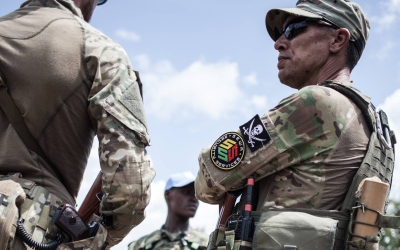
MEE reported last month that many former prisoners were used as cannon fodder by the Russian military to distract Ukrainian forces, and were often left behind during withdrawals.
On 30 September, Prigozhin himself visited Penal Colony 6, Stavropol Krai, near the city of Dydymkin, to ask prisoners to join his ranks, excluding only people convicted of rape and terror crimes.
Former high-ranking members of the group have admitted that Wagner has been involved in various Russian operations abroad, paid for with state funds drawn from a special budget.
Prigozhin last week compared his group to the Three Musketeers, the 300 Spartans and Robin Hood, describing his work as heroic.
“There should be phenomena like Wagner in the culture of any state. I've talked more than once about Robin Hood, the Three Musketeers, the 300 Spartans. Now it's Wagner's turn,” he told a Russian news site last week.
The website was interviewing him about a movie called “Tourist” which contains Wagner propaganda that encourages children to work for the group in the future.
Ragip Soylu contributed to this report
Middle East Eye delivers independent and unrivalled coverage and analysis of the Middle East, North Africa and beyond. To learn more about republishing this content and the associated fees, please fill out this form. More about MEE can be found here.


